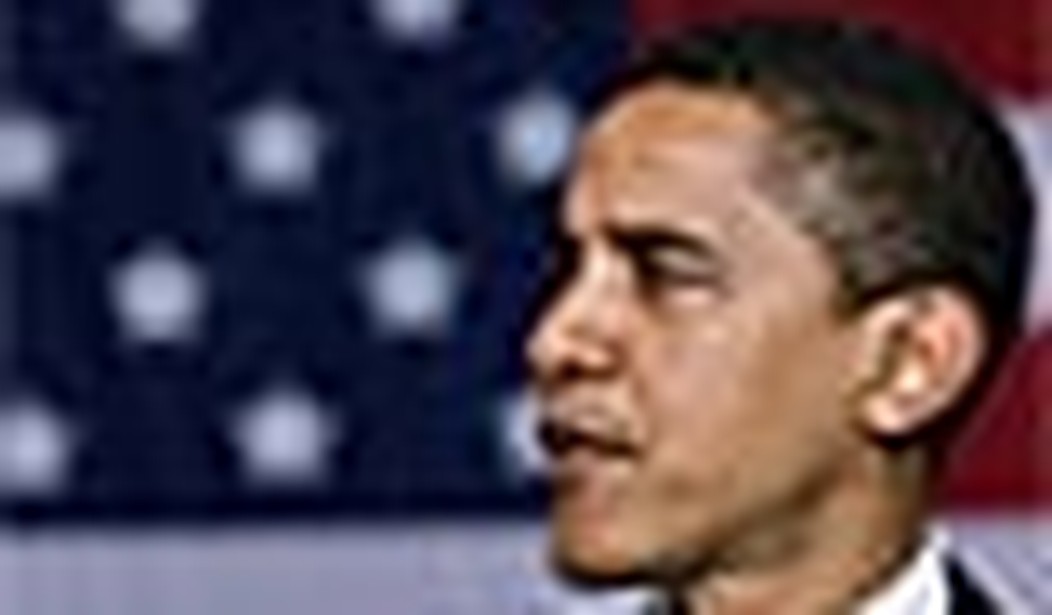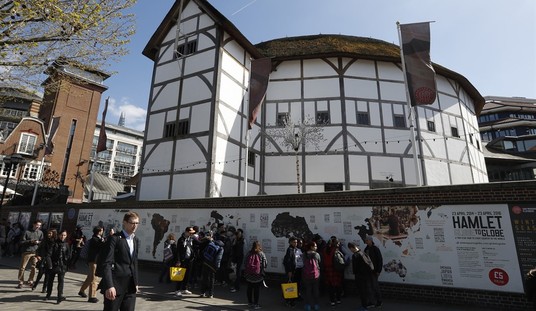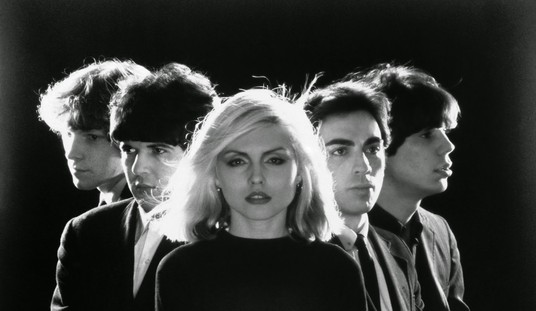Barack Obama touched down yesterday in Indonesia to cheers and fanfare, proving that, internationally, some of his pre-election luster still remains, at least in a country where his deep personal ties make many local people view him as one of their own.
Throngs of office workers braved rain for a glimpse of Obama’s motorcade as it sped down a cleared and empty toll road en route to the presidential palace. “I’m so happy he’s finally decided to come back to Indonesia,” said Dewi Petrana, an office worker in Jakarta standing with an umbrella.
The fanfare is largely due to the fact that President Obama lived in Indonesia for four years as a child, making his return here as much a long-awaited homecoming for the local people as it is an important strategic stop on his 10-day Asian tour.
Ahead of Obama’s visit, preparations were underway at his childhood public school, SDN Menteng, in the crowded Menteng neighborhood of south Jakarta. Workers there were busy last week touching up the school’s paint job and polishing a statue of the U.S. president that stands in the school’s courtyard. Engraved on the base of the statue is the phrase, “The future belongs to those who believe in the power of their dreams.”
Cheering crowds, childhood dreams, and nostalgia aside, there is serious work to be done during his short stop that could be cut even shorter by the eruption of central Java’s Mount Merapi volcano. It’s work that could prove that the future in this part of the world really belongs to those who can achieve clear foreign policy directives in a region where, until now, the U.S. has been steadily losing ground to China.
But first, Obama plans to use a scheduled visit to the Istiqlal mosque, the largest mosque in southeast Asia, as a means of offering another olive branch to worldwide Muslim populations. There are signs, however, that like his constituents at home, moderate Muslim leaders are tiring of lofty overtures and speeches and are looking for more concrete action.
Imam Besar, the head imam at the Istiqlal mosque, said he hopes Obama keeps his visit to the mosque on his itinerary. “I think it’s important to helping mend relations with Muslim people around the world,” he said. “We want to show him that Indonesia is a country that is built on pluralism and tolerance for all religions around the world.”
But Besar remained cautious about the U.S. president’s visit, stating that, to date, he hasn’t seen much in the way of action when it comes to shoring up relations with Muslims. “We were happy when he stood up for the mosque project in New York City, but, until now, most of his outreach has been in word only. I haven’t seen that much in the way of tangible steps being taken to change U.S. policy in Palestine or Afghanistan.”
The fact that the head of one of the most progressive mosques in the country would openly call into question Obama’s sincerity when it comes to his goals of forging better relations with Muslim populations around the world is significant. It could mean that Obama is losing the support of moderate Muslim leaders who are increasingly looking for signs that the U.S. president is able to make good on earlier promises and assurances that the U.S. in not waging a war against Islam. If the trend continues, he could find himself beset by the same failing support in the Muslim world that he has faced recently at home.
The price of failure in the region would be high. The recent emergence of minority hard-line Islamic factions in Indonesia is one of the few things that could put the brakes on Indonesia’s fledgling democracy, not to mention its emergence as a hotspot for foreign investment. These hard-line groups have been protesting Obama’s visit and have made their position abundantly clear when it comes to their opinions on the U.S. getting involved in Indonesian affairs. Umum Ismael, a leader of the hard-line Islamic group HTI, said, “Obama is the president of imperialist country. The U.S. colonizes Muslim countries like Iraq, Afghanistan, and Pakistan but, really, there are two kind of imperialism: first there’s the hard imperialism, like what the U.S. has conducted in Iraq and Afghanistan, and then there’s soft imperialism, like what the U.S. is carrying out in Indonesia with its economic and political agendas.”
These hard-line factions are still very much a minority in Indonesia, but they have been gaining power by gathering up disenfranchised young men in a growing tide of Islamic fundamentalism. Sharia law is already in place in Indonesia’s Aceh province and hard-line vigilante groups have been staging attacks on Christian churches on the outskirts of Jakarta for months now. It is imperative that Obama lend his support to Indonesian leaders in confronting this trend. Obama also needs to set an investment plan that does not only benefit a handful of banks and corporations but, instead, puts young would-be Indonesian extremists and jobless Americans to work.
As Indonesia emerges as an economic force in the region, Obama’s ties here could allow him to forge meaningful economic relations that could benefit Americans and Indonesians, both of whom are desperately in need of jobs. Good relations could also position Indonesia as a weighty counterbalance to China’s growing power in the region ahead of the Group of 20 summit in South Korea and the East Asian Summit to be held here next year.
There has been talk in the American media that the president is off licking his post-election wounds on a lavish jaunt through Asia, but the reality is that there is critical work to be done here. Other countries are already vying for stakes in this emerging country and Obama is right to be getting America into the game. It’s more important, however, that he gets it right. If he fails, the country is susceptible to being fractured by extremists forces.
Since Obama is a former resident of the country and a hero in the eyes of most Indonesians it would seem like all the pieces are in place for a foreign policy success story. At a speech delivered on Wednesday, Obama said, “Indonesia is a part of me” to wild cheers from an adoring crowd. It’s all the more reason for him to take care to make sure he takes the time to protect American interests in the country. A failure here would at best make Indonesia another pawn in China’s march towards regional dominance. At worst, it could make Indonesia a place its favorite son won’t want to visit again anytime soon. Indonesia is watching, moderates and extremists alike.









Join the conversation as a VIP Member